Publications
Articles, publications, books, tools and multimedia features from the U.S. Institute of Peace provide the latest news, analysis, research findings, practitioner guides and reports, all related to the conflict zones and issues that are at the center of the Institute’s work to prevent and reduce violent conflict.

Donna Charles on Ghana’s Democracy Amid West Africa’s Instability
Ghana represents a “bastion of democracy” in a region beset by political instability. With Ghanaian President Nana Akufo-Addo visiting Washington, D.C., this week, the United States can deepen cooperation in a way that “really supports the U.S. message of bringing peace through democracy,” says USIP’s Donna Charles.
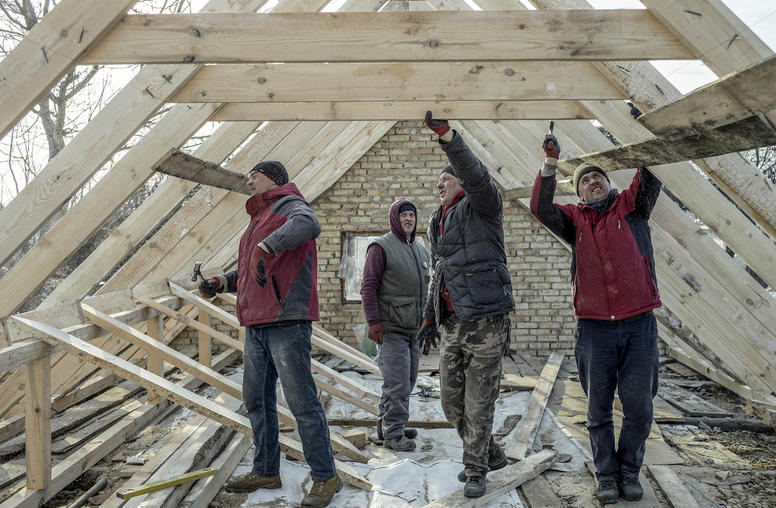
From Ruins to Resilience: The Path Toward Recovery in Ukraine
Despite the destruction wrought by Russia’s invasion, Ukraine has continued to provide services to its people at an exemplary level throughout the war. This commendable resilience stems from significant investments and reforms made over the last 30 years. Notably, bolstering institutional capacity, the digitalization of public services, robust engagement with civil society, and a deeply rooted culture of voluntarism have all played crucial roles. Furthermore, the U.N. Development Programme (UNDP), where I serve as Ukraine’s resident representative, has been instrumental in building resilience across all strata of Ukrainian society.
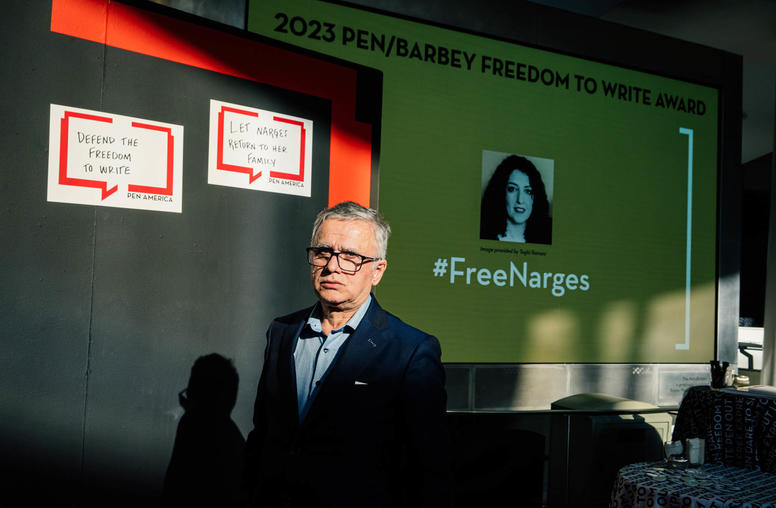
Iranian Human Rights Activist Wins Nobel Peace Prize
The 2023 Nobel Peace Prize was awarded to Narges Mohammadi, an imprisoned Iranian scientist, journalist and human rights activist, for her principled and persistent campaign against the increasingly repressive regime in Iran. The award also acknowledged the broader Iranian women’s movement, which last year spearheaded the first counterrevolution in history triggered, led and sustained by females, many in their teens. “This year’s Peace Prize also recognizes the hundreds of thousands of people who, in the preceding year, have demonstrated against Iran’s theocratic regime’s policies of discrimination and oppression targeting women,” the Nobel Committee said.

Keith Mines on the New Multinational Security Force for Haiti
The U.N. Security Council approved a multinational security force to address Haiti’s rampant gang violence — but another major challenge will be the volatile political environment. “There’s a lot of work just on government capacity,” says USIP’s Keith Mines. “It would behoove the international community to buckle down and build that capacity.”
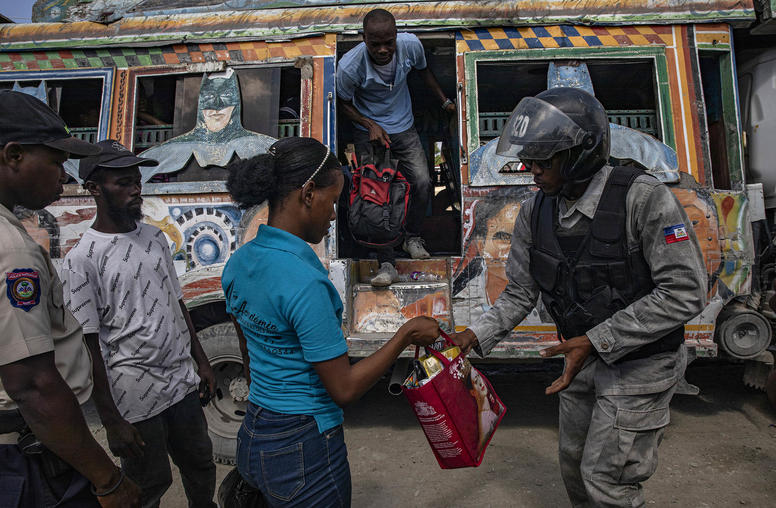
Haiti Needs a Political Dialogue Alongside the Multinational Security Mission
This week, the U.N. Security Council voted to send a multinational armed force to Haiti in the hopes of addressing the beleaguered Caribbean nation’s rampant gang violence and instability. While there is not yet an official timeline for its deployment, the Kenyan-led force will face a complex security environment — one that has been made all the more daunting by Haiti’s ongoing political turmoil. Whether the mission succeeds will hinge not only on the deployed force’s ability to quickly establish peace, but whether or not it can pave the way toward a meaningful and democratic government reset in the historically tumultuous country.
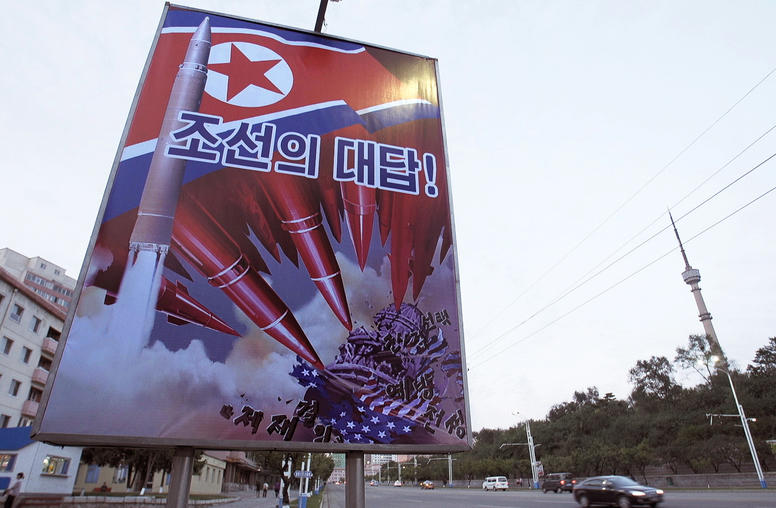
Is There any Chance North Korea Will Ever Give Up Its Nuclear Weapons?
Of course, no analyst can say with 100 percent certainty that North Korea will never give up its nuclear weapons.
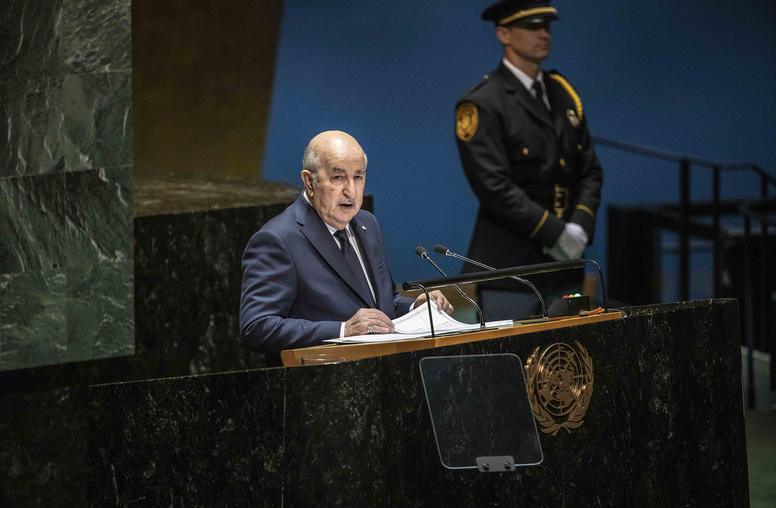
Can Algeria Help Niger Recover From Its Army Coup?
Democracies and democracy advocates should welcome this week’s tenuously hopeful sign in Algeria’s announcement that the 10-week-old military junta in Niger has accepted Algiers’ offer to mediate in a transition to civilian, constitutional rule. Still, Algeria’s government and the junta left unclear the extent of any agreement on mediation, notably disagreeing on a basic element: the duration of a transition process. Algeria can bring significant strengths to a mediating role. In stepping forward from what most often has been a cautious posture in the region, Algeria creates an opportunity that international partners should seek to strengthen.

Haïti a besoin d'un dialogue politique parallèlement à la mission de sécurité multinationale
Cette semaine, le Conseil de sécurité de l'ONU a voté en faveur de l'envoi d'une force armée multinationale en Haïti dans l'espoir de faire face à la violence endémique des gangs et à l'instabilité qui sévissent dans la nation caribéenne en difficulté. Bien qu'il n'y ait pas encore de calendrier officiel pour son déploiement, la force dirigée par le Kenya sera confrontée à un environnement sécuritaire complexe, d'autant plus rendu redoutable par les troubles politiques persistants en Haïti. Le succès de la mission dépendra non seulement de la capacité de la force déployée à établir rapidement la paix, mais aussi de sa capacité à ouvrir la voie à une réinitialisation gouvernementale significative et démocratique dans ce pays historiquement tumultueux.
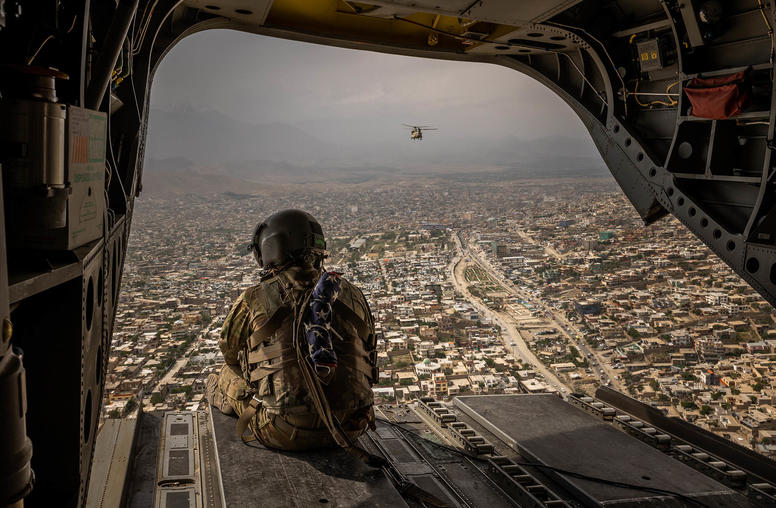
Learning from Failed Peace Efforts in Afghanistan
Over the course of 20 years, the United States made strategic mistakes in its war with the Taliban that helped fuel the insurgency and likely precluded an earlier end to the war. The U.S. government became fixated on a purely military solution, to the neglect of a political solution. This overwhelming focus on dealing the Taliban a decisive defeat was reinforced by the perceived political risks of negotiating a peace agreement with an organization that was seen solely through the lens of the war on terror. The United States should learn from its experience in Afghanistan and the opportunities it missed to reach a better and faster outcome to the war.
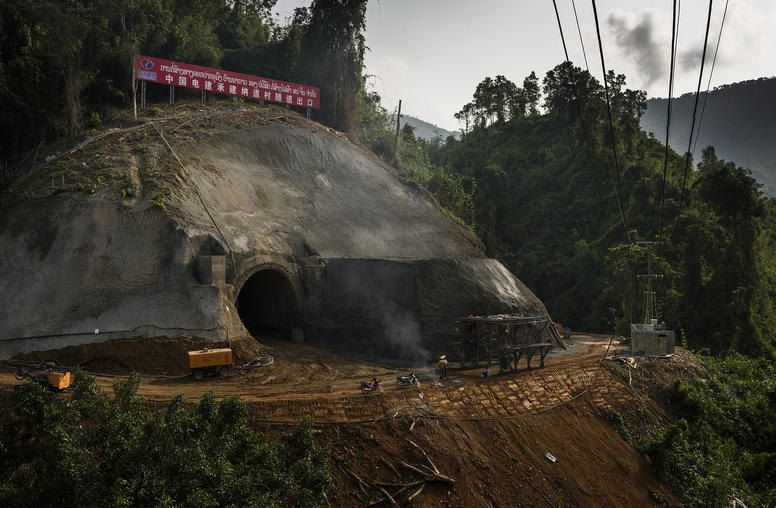
How Laos and Other ASEAN Countries Can Leverage U.S.-China Competition
Recent years have witnessed intensifying U.S.-China competition and tensions in both the political and economic spheres, particularly in areas related to technology, global supply chains, infrastructure connectivity, trade and finance. Southeast Asia has become the center of this strategic rivalry. In the region, the Association of Southeast Asia Nations (ASEAN) has positioned itself as the “central” actor in shaping the regional order and positively engaging with external powers. However, ASEAN’s centrality is increasingly challenged by these two major powers, who have deep and complex ties with Southeast Asia. While this competition poses challenges for ASEAN, there are also opportunities for countries like Laos and others in Southeast Asia to leverage in this tense geopolitical moment.